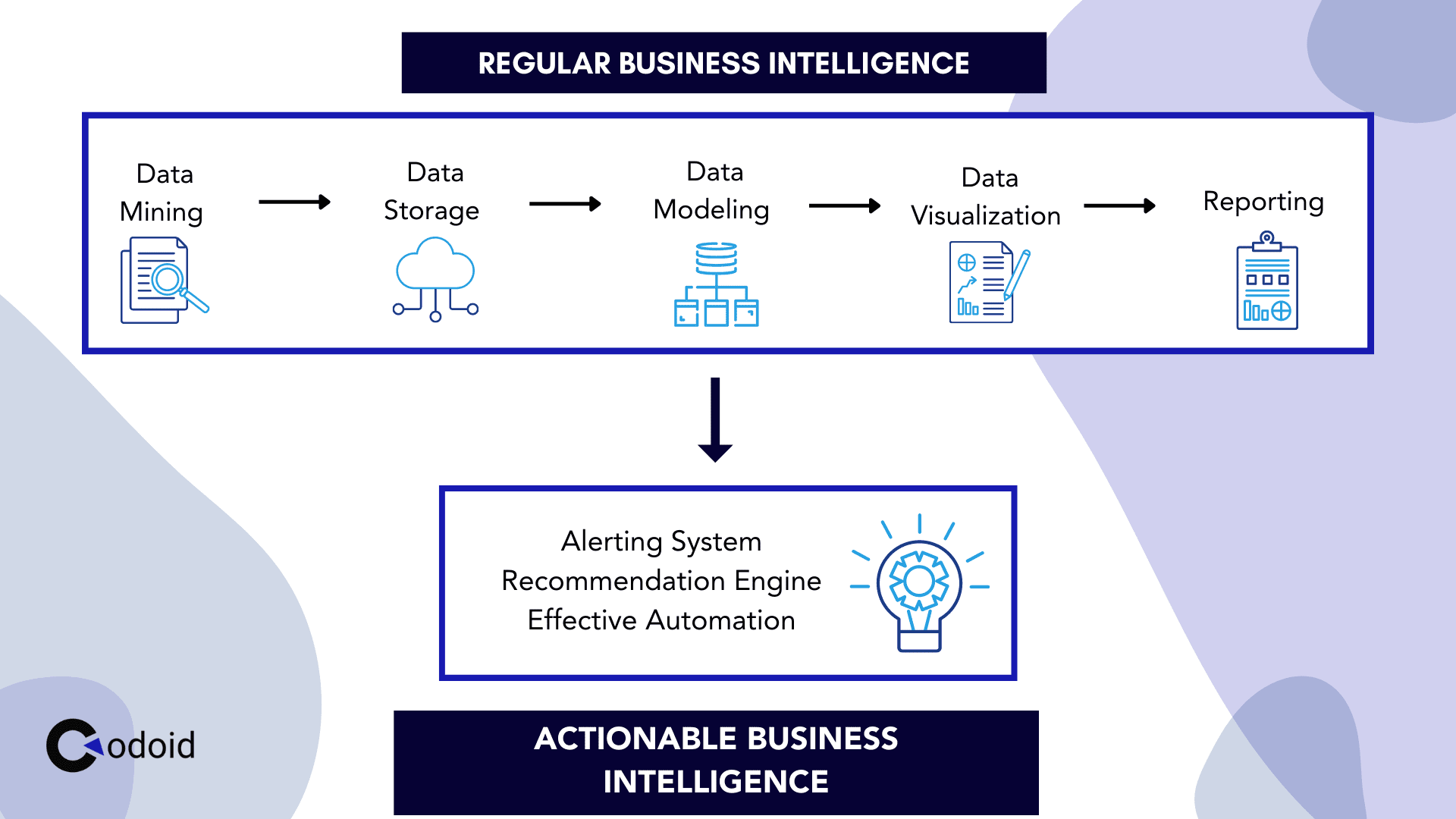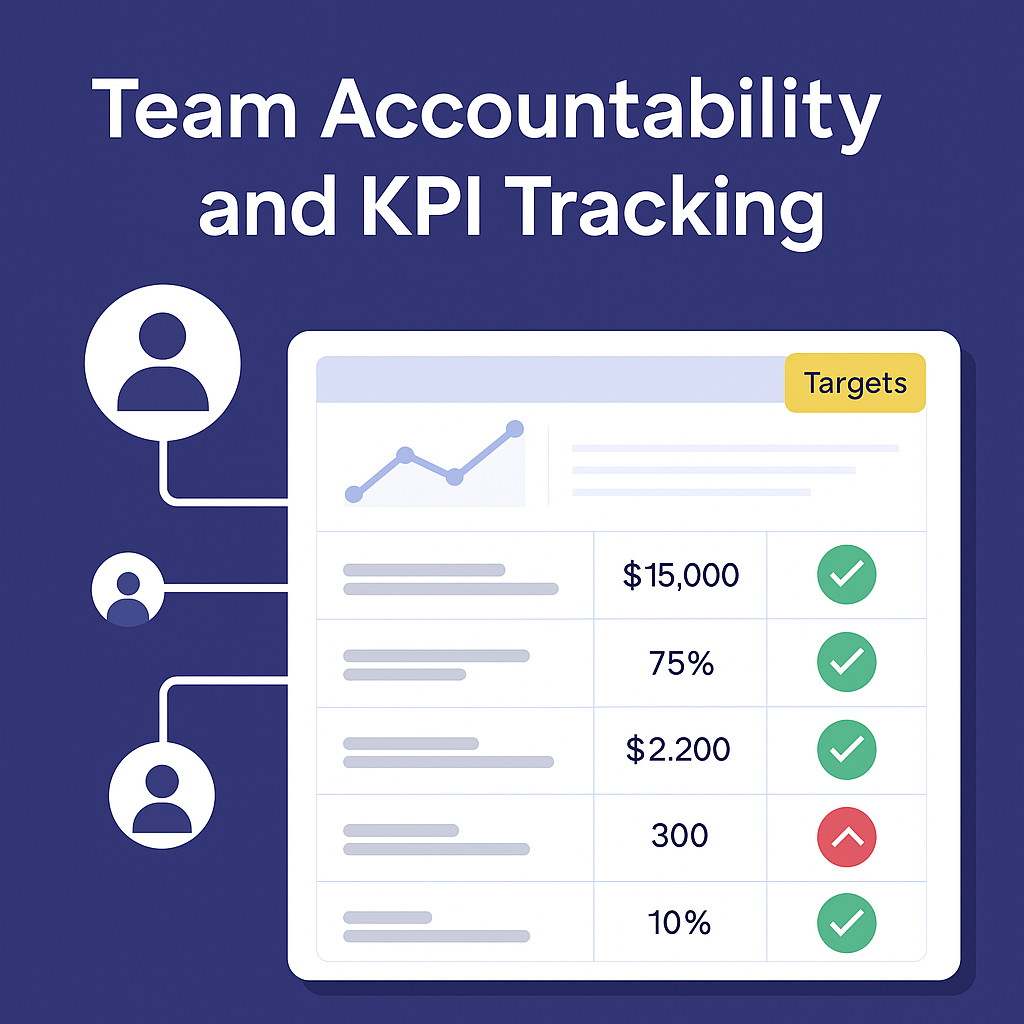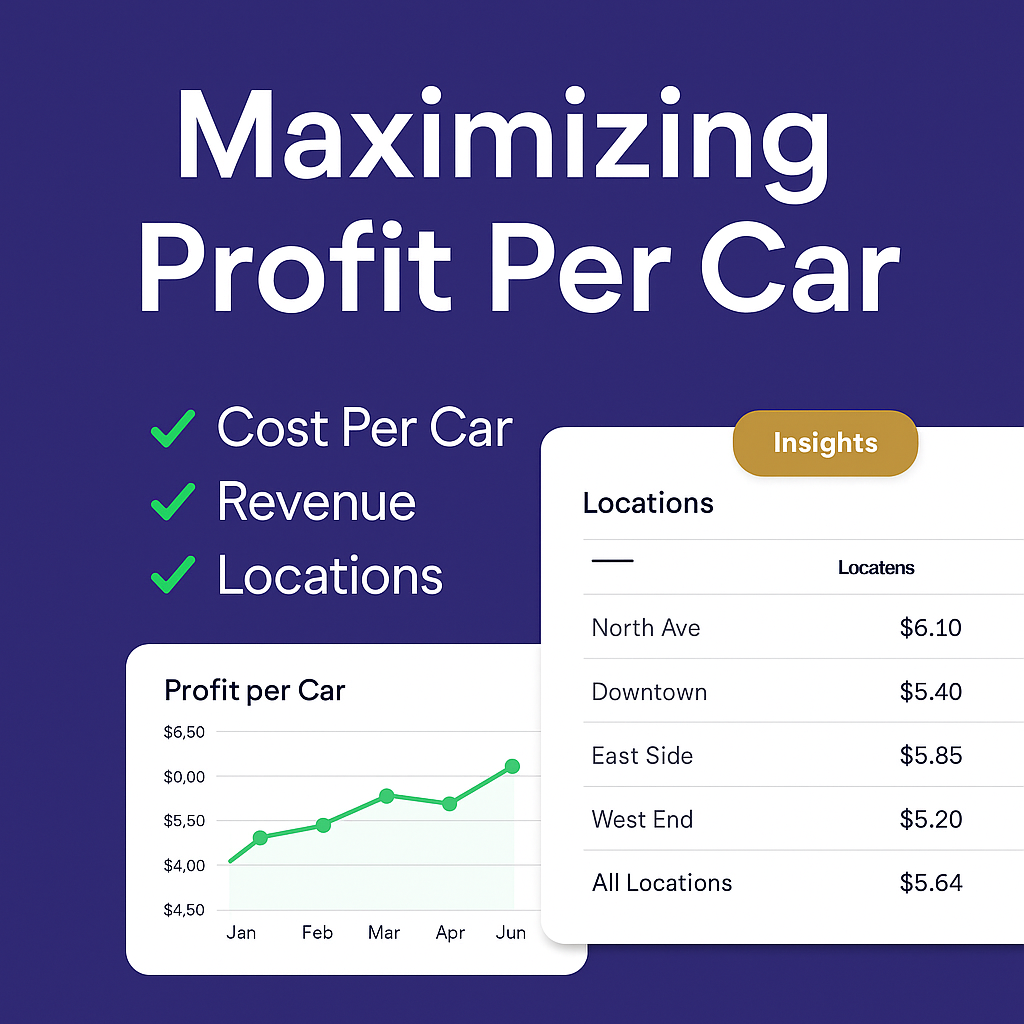
In today’s fast-changing business world, actionable business intelligence is essential. This tool turns raw data into insights that impact decision-making and help organizations adapt. Companies now face growing competition and changing consumer needs. Thus, understanding why actionable intelligence is critical.
This article examines the benefits of actionable intelligence. It can improve operational efficiency and increase profitability. You will discover methods for applying these insights in your business and notice emerging trends that shift how companies use data. Additionally, we will look at different industries and show how versatile and effective actionable intelligence can be.
Get ready to see how this approach can make your business more competitive. It helps you become a leader instead of just another player in your market. Let’s uncover how actionable intelligence is poised to change the way we operate.
Understanding Actionable Business Intelligence
Actionable business intelligence involves collecting and analyzing data to create insights. These insights help in making better decisions swiftly. This approach is different from traditional business intelligence. The latter mainly focuses on reporting and historical analysis.
The importance of actionable intelligence in decision-making is significant. By giving crucial data in easy-to-understand formats, organizations can see trends and monitor performance. This makes it possible to create informed strategies fast. Effective actionable business intelligence systems supply insights that are timely and easy to interpret. This supports a data-driven culture.
There are key differences between traditional business intelligence and actionable business intelligence. Traditional methods often show static reports that don’t adjust to the ever-changing landscape. This leads to outdated information. On the other hand, actionable business intelligence uses advanced analytics and visualization. It presents dynamic insights in real-time. This proactive approach helps companies react to current situations and predict future challenges.
The shift from static reporting to real-time analysis highlights the necessity of actionable intelligence. Today, 90% of the world’s data emerged in the last two years. The ability to convert this massive information into actionable insights is vital.
Now that we grasp actionable business intelligence, we will explore its core benefits for organizations, further showing why it is crucial for future business success.
Core Benefits of Actionable Business Intelligence
Actionable business intelligence helps organizations improve by understanding their data well. One key benefit is operational optimization which increases efficiency. This transformation takes raw data and turns it into insights. Businesses can then streamline operations, remove waste, and boost productivity.
For example, companies look at performance metrics and workflow data to find any bottlenecks. Such insights allow proactive tweaks, ensuring resources fit effectively for more productivity. Better efficiency results in faster processes and a more adaptive environment. This lays the path for future success.
Another important advantage of actionable business intelligence include cost savings through smart decisions. Using data-driven insights allow businesses to choose wisely, cutting down on waste. For instance, analytics can show spots where spending too much happens or identify low-earning products. Executives can adjust plans based on solid facts instead of guesswork. Statistics show that firms that use actionable insights often save 10-15% on costs.
Better customer satisfaction also comes from actionable business intelligence. By examining what customers do and want, businesses can tailor offers and enhance service quality. For example, looking at customer feedback data lets companies improve product features or delivery methods, directly addressing user problems. Consequently, organizations witness higher loyalty along with better satisfaction scores.
In summary, core benefits of actionable business intelligence — operational optimization, saving money, and better customer satisfaction — make a strong argument for its use in today’s market. While organizations seek efficiency and effectiveness, actionable intelligence becomes key. This helps navigate vast data and guides decision-making that leads to success.
After discussing the core benefits, it’s also important to look into best practices for putting actionable business intelligence into action.
Best Practices for Implementing Actionable Business Intelligence
Implementing actionable business intelligence needs a strategic approach to turn insights into decision-making. Here are best practices that organizations should keep in mind while integrating actionable business intelligence into their processes.
1. Set clear goals for actionable intelligence projects. Specific objectives are important for guiding the development and launch of actionable business intelligence frameworks. Identifying key performance areas, which would gain from data insights, helps align analysis efforts with business goals.
2. Provide training for employees to use BI tools well. Workers should have the skill to use business intelligence tools properly. Training sessions boost workforce skills and create a data-driven culture within organizations. This enables the staff to make decisions backed by insights derived from data.
3. Check data quality and uniformity across all sources. The reliability of data is key for generating actionable insights. Companies must perform regular data validation and standardize management practices to reduce errors. Consistent data quality guarantees that the actionable intelligence produced is accurate and reliable, which improves strategic decision-making.
4. Promote a culture of teamwork. Effective teamwork between departments boosts sharing of insights gained from actionable intelligence. Diverse team perspectives enhance decision-making processes. Encouraging open communication and collaboration regarding data can significantly improve BI effectiveness.
5. Continuously watch and assess performance metrics. Setting metrics for evaluation lets companies monitor the impact of their actionable business intelligence projects. Assessing the metrics regularly reveals areas that need improvements and helps keep the intelligence relevant to changing business aims.
By following these practices, organizations can maximize the potential of actionable business intelligence, leading to better decision-making and strategic success.
Looking ahead, it’s important to observe future trends in actionable business intelligence as they will shape the ongoing evolution of business strategies.
Future Trends in Actionable Intelligence
The field of actionable business intelligence keeps changing. Fast technology growth and market changes drive this shift. Major trends affecting actionable intelligence’s future are AI and machine learning integration into business strategies. Companies can automate data analysis and uncover better insights with them.
Real-time data is crucial for good decision-making. More organizations depend on current analytics to gain quick insights. This reliance helps them react to market shifts and customer demands. For example, firms using real-time data cut decision times significantly. Immediate information engagement gives firms a competitive edge.
Companies now focus more on competitive intelligence too. Gathering data on competitors’ strategies can uncover gaps in market. Recognizing opportunities helps in planning. With competition increasing, using actionable intelligence for operational efficiency becomes key for success.
Cloud-based BI solutions are gaining ground. This shift boosts accessibility and collaboration on insights. Sharing data easily across departments supports a unified approach. Better strategies align when insights turn to actions quickly. The environment promotes teamwork across the organization.
In conclusion, the upcoming landscape in actionable business intelligence includes more AI integration, prioritizing real-time insights, focusing on competitive information, and cloud access. Businesses ready for these trends will tap into actionable insights for growth and advancement, harnessing them for long-term triumph.
Next, we will look at how these future trends in actionable intelligence apply across various industries. Different sectors face unique challenges, and understanding specific applications is essential for organizations aiming to convert insights into results.
Industry-Specific Applications of Actionable Intelligence
Businesses in several sectors utilize actionable business intelligence. The car wash industry shows how actionable insights improve operations and boost customer satisfaction. Platforms like WashMetrix analyze customer data and service performance. They optimize pricing based on actual marketplace conditions. Such insights help operators make decisions impacting profitability and customer retention.
Actionable intelligence benefits other sectors too. In manufacturing, it supports predictive maintenance. This is done by examining machine performance to foresee failures before they appear. A proactive approach can cut machine downtime by about 20%. This enhances operational efficiency and lowers costs from sudden breakdowns.
Retail also sees the impact of actionable business intelligence. It plays a vital role in managing stock and predicting sales. By linking shopper data to real-time inventory, retailers saw a 15% rise in sales accuracy. This helps align stock with what customers need. Ensuring products are available when needed reduces lost sales and minimizes excess stock.
The logistics field gets major gains from actionable intelligence. Data analytics help companies refine delivery routes. This cuts fuel use and boosts delivery times. Improved efficiency raises customer satisfaction while lessening logistics costs by nearly 30%. It shows how vital actionable intelligence is for staying competitive.
Across these areas, enhanced financial tracking from actionable intelligence lets companies see their spending and income sources more clearly. Custom reports and dashboards show trends and highlight inefficiencies. This makes it easier for leaders to allocate resources wisely. It boosts financial outcomes for everyone. The rise of actionable business intelligence signals a fundamental change in industry operations, encouraging informed choices that lead to success.
Conclusion
Today, businesses must prioritize actionable business intelligence. This article covers how actionable intelligence turns data into insightful guidance. Companies gain information for informed decisions. From recognizing core benefits of increased efficiency to crafting strategic plans, the future hinges on leveraging data for insights.
We discussed upcoming trends and specific applications and noted that adopting actionable intelligence is crucial. It increases competitiveness. Start thinking about merging these insights with your business plans. Reviewing current data sources helps find chances where insights boost performance.
By concentrating on actionable business intelligence, your business can face challenges and seize new chances. The path to decision-making based on intelligence begins with small steps. This new vision can help your organization thrive!
About WashMetrix
WashMetrix is a cutting-edge business intelligence platform tailored for the car wash industry, providing powerful data analytics to improve financial tracking and operational efficiency.
This platform is essential for car wash operators as it consolidates metrics from various systems into a centralized dashboard, allowing for enhanced visibility of key performance indicators and data-driven decision-making. Discover how WashMetrix can elevate your car wash operations by visiting washmetrix.com today!




